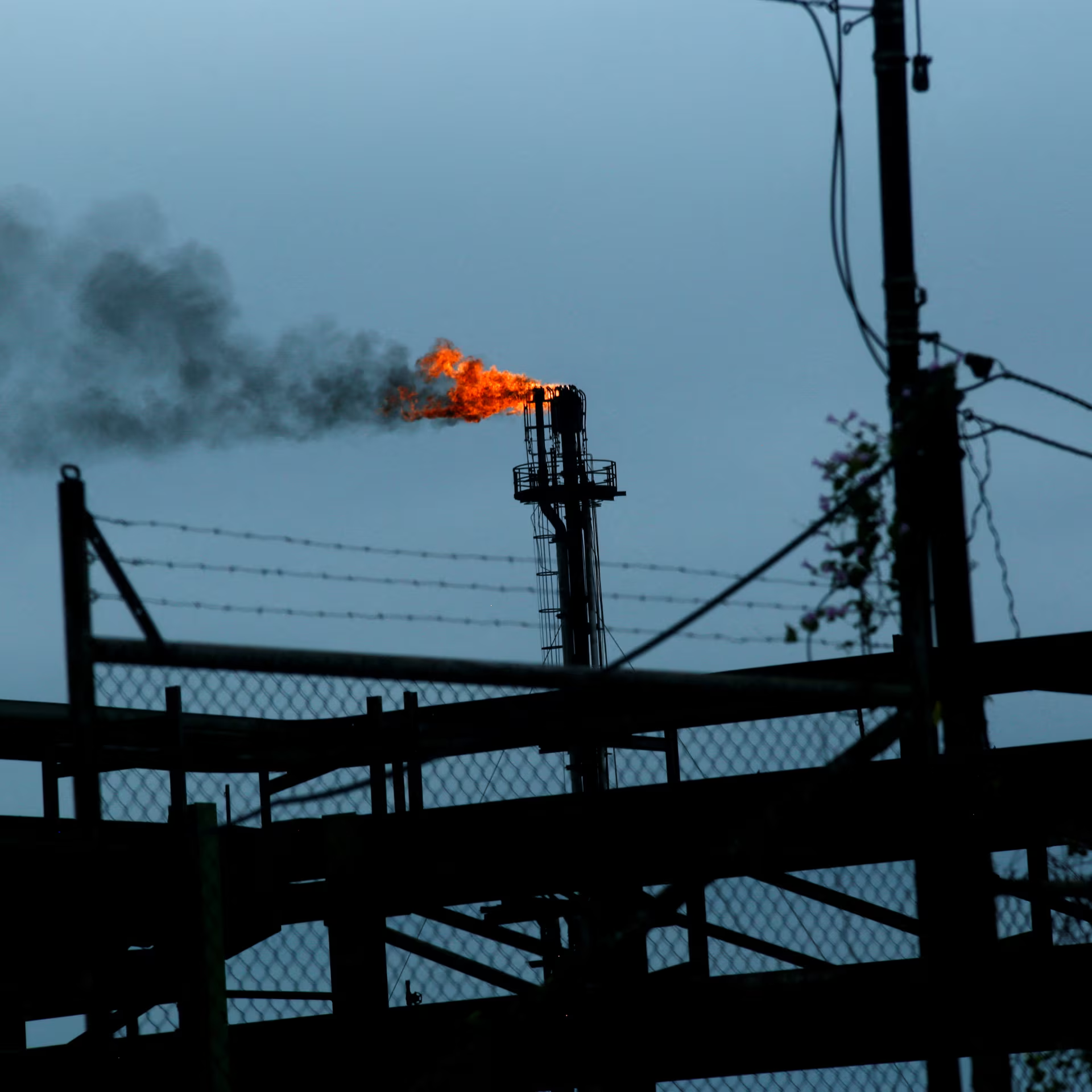Alberta’s oil and gas sector is bracing for potential economic fallout following former U.S. President Donald Trump’s suggestion of imposing tariffs on Canadian energy exports. The proposal, which echoes Trump’s earlier protectionist policies, has reignited concerns about the future of Alberta’s energy industry and its critical relationship with the United States.
The Tariff Threat
Trump’s comments, made during a recent speech to energy industry stakeholders, suggest that tariffs could be used to bolster American energy independence. While specifics remain unclear, the implications for Canada’s energy exports are significant:
- Targeted Exports:
- The U.S. imports millions of barrels of oil from Canada each day, making tariffs a potentially devastating blow to Alberta’s economy.
- Economic Disruption:
- Tariffs could increase the cost of Canadian crude for U.S. refiners, potentially reducing demand and impacting Alberta’s revenue streams.
- Market Uncertainty:
- The threat alone has created uncertainty in the energy sector, with companies weighing the risks of decreased access to their largest export market.
Alberta’s Response
Business leaders and policymakers in Alberta have responded swiftly to the tariff proposal, emphasizing the integrated nature of the Canada-U.S. energy relationship.
- Industry Advocacy:
- Canadian oil executives have called for diplomatic efforts to reinforce the mutual benefits of cross-border energy trade.
- Economic Impact Studies:
- Analysts warn that tariffs could jeopardize thousands of jobs and billions in economic activity on both sides of the border.
- Government Engagement:
- Alberta’s Premier has urged federal officials to engage directly with U.S. policymakers to prevent trade barriers and protect the province’s interests.
The Canada-U.S. Energy Relationship
Canada is the largest supplier of crude oil to the U.S., accounting for over 60% of imports. This long-standing partnership has benefited both nations:
- Energy Security:
- Canadian oil provides a reliable and stable energy source for U.S. refineries.
- Economic Integration:
- The energy trade supports jobs and infrastructure development across North America.
- Shared Goals:
- Both countries have worked collaboratively on climate initiatives and energy innovations.
Potential Consequences
The introduction of tariffs could have wide-ranging impacts on Alberta and the broader Canadian economy:
- Reduced Export Volumes:
- Tariffs may prompt U.S. refiners to seek alternative suppliers, reducing demand for Canadian crude.
- Price Pressures:
- Canadian oil producers, already dealing with high production costs, could face further financial strain.
- Strained Relations:
- A trade conflict over energy could harm broader diplomatic ties between Canada and the U.S.
Strategies for Mitigation
To address the potential fallout, Alberta’s oilpatch and government are exploring strategies to protect the sector:
- Market Diversification:
- Expanding export capacity to markets outside the U.S. could reduce dependency and mitigate risks.
- Strengthened Advocacy:
- Highlighting the mutual benefits of energy trade through industry and diplomatic channels.
- Infrastructure Investments:
- Accelerating pipeline projects and port facilities to support global exports.
Conclusion
The prospect of U.S. tariffs on Canadian energy exports represents a significant challenge for Alberta’s oil and gas industry. While the situation remains fluid, proactive measures and sustained advocacy will be essential to preserving the economic stability of the province and its critical energy relationship with the United States.
For more information, visit Calgary Herald.





